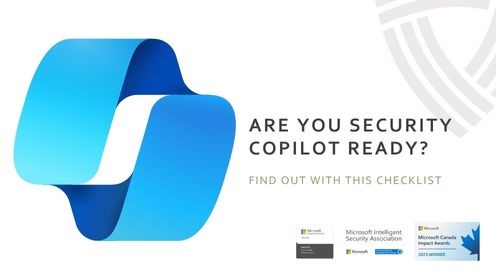The last thing you probably worry about when you land in the emergency room is whether or not your data is safe from cyber attacks, but judging by the exponential growth in malicious acts perpetrated by cybercriminals, you probably should. Forty-five million people in American healthcare organizations were affected by cyberattacks in 2021. The cost of these data breaches is growing astronomical in scope, and Cybersecurity Ventures predicts the global healthcare cybersecurity market will grow by 15 percent year-over-year over the next five years, and reach $125 billion cumulatively over a five-year period from 2020 to 2025.
Besides the disconcerting effects of the security and information being breached, these cyberattacks on healthcare systems can also affect the health and safety of patients. Unfortunately, hospital budgets are characteristically stingy in offering money to protect their bottom line, but without a strong cybersecurity plan in place, the cost in revenue and even human lives will be even higher.
The Ramifications of Attacks in Healthcare
There are several ways that cyberattacks affect hospitals. First, cybercriminals often steal and sell patient medical and billing information because they can make a quick profit on the darknet. Another big problem for healthcare is ransomware, which is exacerbated in the healthcare realm. Healthcare organizations are often willing to pay the ransom because the cybercriminals have locked down patient care information and critical back-office systems. Finally, there are many medical devices that are connected to the internet that can be susceptible to tampering.
The problem is bigger than ever. More than 93 percent of healthcare organizations have experienced a data breach over the past three years, and 57 percent have had more than five data breaches during the same time frame. Woefully inadequate security practices, weak and shared passwords, plus vulnerabilities in code, exposes hospitals to perpetrators intent on hacking treasure troves of patient data.
Combating Cyber Attacks on Healthcare
There are three things that healthcare organizations must prioritize if they are going to prevent this proliferation of cyberattacks.
Increase Visibility with Consolidation
Although hospitals and health systems might think they are doing the right thing in monitoring their on-premises networks in order to ensure patient safety, what they can’t see CAN hurt them. With more assets to secure, confidence in security goes down and with multiple management consoles obscures visibility. Hospitals must be able to monitor every endpoint, gaining insight into the entire network, which includes remote assets. To this end, our Difenda managed detection and response service with 24/7 endpoint visibility will give hospitals the security they need with a company they can trust.
Set Up Intelligent Early Warning Systems with Microsoft Security
Whether dealing with critically ill patients, or dealing with security across a healthcare system, time is paramount. And as the old saying goes, the best offense is a good defense. If you want to mitigate cyberattacks or thwart them entirely, you need a well-defended system that is monitored 24/7. The longer a hacker has access to the system, the longer their activities will go unnoticed, and the more damage they can do. Difenda will walk you through the best cybersecurity package for your organization’s needs, and will be with you 24/7/365 to ensure compliance.
Make Security and Awareness Training Mandatory for all Employees
When it comes to security, every single person needs to be involved and aware, or else cybercriminals can sneak their way in via the one open door. However, according to Osterman research, a full 24% of healthcare workers have not received any security awareness training at their workplace. Because a healthcare organization’s online presence is so vast, there are many places where cyber attacks can occur.
All employees should be aware of viruses, malware, and ransomware issues, as well as phishing and social engineering problems. Phishing scams account for 90% of cyber attacks. Along with these elements, employees should receive training on how to create safe internet habits, as well as password education and training. Physical security and HIPAA compliance are also of paramount importance. should also be dealt with. Difenda has the bandwidth to train employees so that everyone is aware of security issues and how to circumvent cyberattacks.
Proactive Preparation
Although no one has a crystal ball to determine when a cybersecurity attack will happen, the trajectory of events is definitely on the rise and this is a good time to tighten up cybersecurity in healthcare organizations. Cybersecurity Ventures predicts that healthcare will suffer 2-3X more cyberattacks in 2021 than the average amount for other industries.
When dealing with life and death information, the situation is both urgent and grave. Healthcare organizations need to do everything in their power to protect themselves and their patients. Upgrading aging infrastructure is paramount, and healthcare organizations would be smart to call in Difenda to make sure their organization’s data is sealed as tightly as possible.




